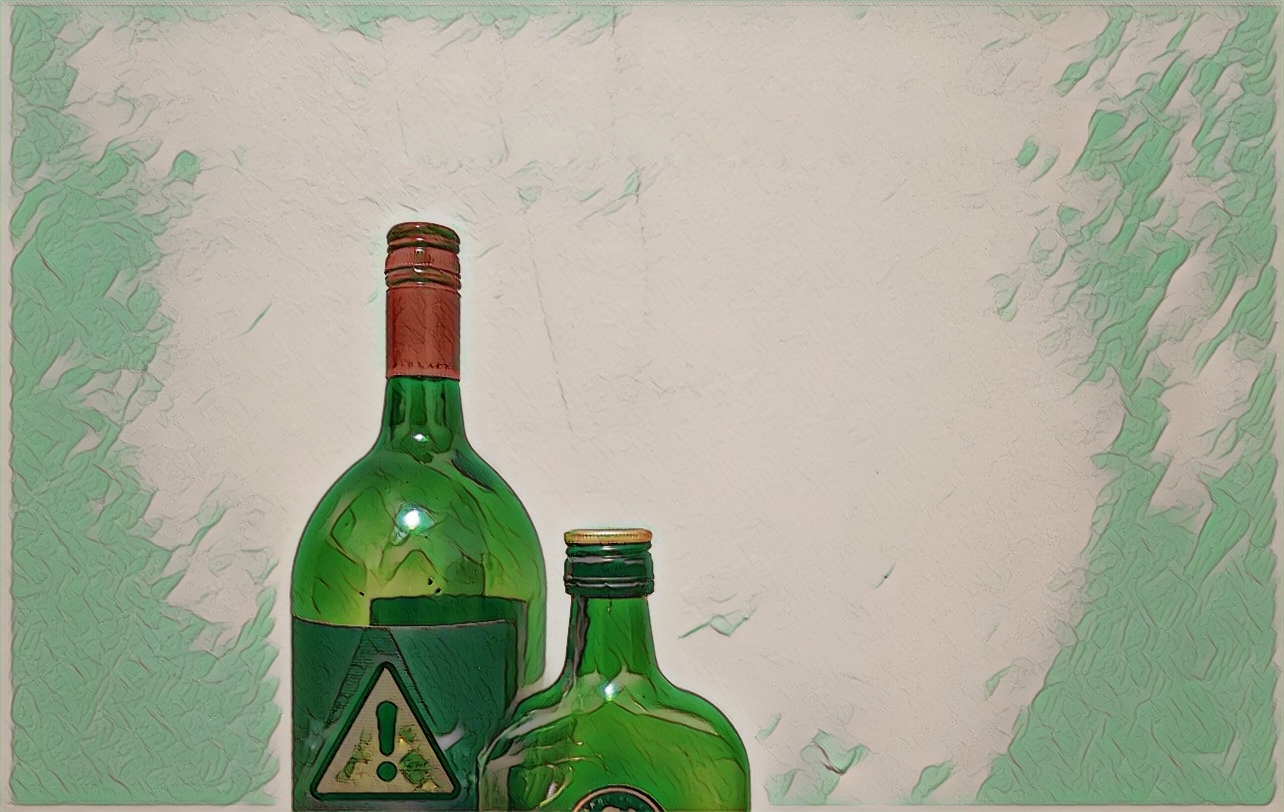Following reports by the World Health Organization (WHO), advocates are pushing for warning labels on alcohol products. WHO reports have shown that “in Canada, alcohol use was linked to 7,000 new cases of cancer in 2020, including 24 per cent of breast cancer cases, 20 per cent of colon cancers, 15 per cent of rectal cancers, and 13 per cent of oral and liver cancers.” While the strong associations between cancer and alcohol have been apparent since at least 2009, it has become clear from the statistics that most people don’t know the risks.
“Alcohol is one of the top five causes of cancer in Canada and globally,” states Dr. Kevin Shield, an independent scientist at the Institute for Mental Health Policy Research and the head of the WHO/Pan American Health Organization (PAHO) Collaborating Centre in Addiction and Mental Health at CAMH.
While the efficacy of warning labels has long been debated, Dr. Shield says that “they can definitely be ineffective if they’re not visible and they don’t convey accurate information. We have a lot of research from tobacco labels and we know those are effective.”
A 2017 study conducted by Tim Stockwell, a senior scientist with the Canadian Institute for Substance Use Research at the University of Victoria, and Erin Hobin, a senior scientist at Public Health Ontario and collaborating scientist with the Canadian Institute for Substance Use Research, showed that labels are effective when properly placed and designed.
For the study, Hobin and Stockwell had warning labels informing of the risks of consumption associated with cancer placed on some alcohol products in Whitehorse, Yukon. The labels were bright and large and also included safe drinking guidelines. In only a matter of four weeks researchers found a 6.6 per cent drop in sales of products with the labels, compared to a 6.9 percent rise of those without, before industry pushback halted the research.
While the alcohol industry remains vague in their responses to research, with some citing certain health benefits of consumption in recent comments to CBC News, Dr Shield agrees with researchers and the WHO that the warnings are warranted and necessary. Dr. Shield states, “It’s more of a consumer rights issue. When you give consumers the information that they need to make decisions it’s always better.”
The Canadian Cancer Society reports that “three to four drinks a day doubles or even triples your risk of developing cancer of the mouth, pharynx, larynx, and esophagus, and increases your risk of developing colorectal cancer and breast cancer by 1.5 times.” The report also says combining alcohol use with tobacco use only exacerbates the risks of each.
Upon learning of the very real risks associated with alcohol consumption, Andrew Hocking, a fourth-year computer science student, states that “education and warning labels would have been a big deterrent for me. I don’t smoke because I’m well aware of the fact that it causes cancer. We learn that in middle school health class, and it’s repeated our entire lives. If you buy a cigarette box, most of the box is a giant warning label telling you that smoking causes cancer. It’s impossible to not know.
Hocking’s reaction to this research demonstrates the potential effectiveness of using warning labels. “Since learning this, I’ve decided to abstain from alcohol for the most part. Perhaps I’ll have a drink or two on New Year’s or something, but I’m not going to be partying it up. I definitely won’t be having a drink in the evenings just sitting around the house.”



